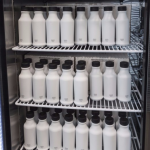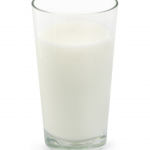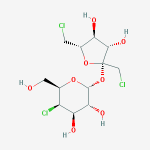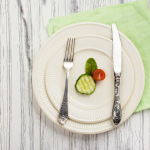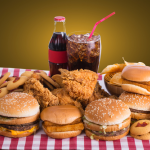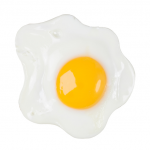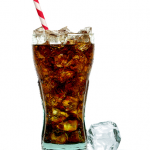As a busy working parent, I admit that I sometimes (ok, frequently) grab a granola bar as a substitute for lunch... and breakfast.
I am not saying that it is the healthiest choice. But, in today's world of running from work to school to the gym to everything else - sometimes there is no time to sit down and prepare a well balanced meal - or any meal at all.
This is exactly the space that Soylent, a full time meal replacement product, is trying to fill.
What is Soylent? Just in case there was any doubt, the informative video on the soylent website states right away that "soylent is food" and "although it it not intended to replace every meal, it is able to replace any meal."
Food & Nutrition
Many things in life invite skepticism, but the safety of pasteurized milk is not one of them. In fact, the CDC's new report states that unpasteurized dairy products cause 840 times more illnesses and 45 times more hospitalizations than pasteurized products. But guess what? Raw milk sales are rising as people (falsely) believe it's healthier.
Once again, the Ramazini Foundation published a study suggesting that the artificial sweetener sucralose causes cancer —specifically blood cancers — in mice. But a panel from the European Food Safety Authority analyzed that study and found that its conclusions were spurious and in no way should be construed to indict the sweetener. Can we say we told you so?
The search for the "best" way to lose weight has lately focused on the idea of intermittent fasting. But unfortunately for its enthusiastic proponents, a new well-designed study indicates that simply changing the pattern of calorie restriction isn't more effective for weight loss than simply restricting energy intake consistently.
Not all nuts – the kind that grow on trees – are created equal. Some, like cashews, macadamia nuts and Brazil nuts, are thought to have too much saturated fat to allow them to bear a FDA "heart-healthy" label. But new research suggests that the type of saturated fat in cashews is actually neutral when it comes to raising LDL-cholesterol.
If you're wondering where to have dinner tonight, a new study might help you decide. Researchers from the University of Washington have found that people who cook and eat dinner at home tend to have higher quality diets than those who eat out frequently.
Poor people are forced to eat junk food because of cost, and that's why they are obese. Right? That's a great narrative, but it's simply not true. Here's how it really is.
Is it time for dieters to ditch the written food journal, and go high tech? That's what researchers in Washington State are pondering as they study dieters who, instead of writing down everything they eat, document their daily food consumption on Instagram, the picture-laden smartphone app.
There are probably few, if any, nutritional advisories that are as hotly debated as the appropriate level of sodium intake for healthy adults. Yes, the Dietary Guidelines and the American Heart Association recommend an upper limit of 2,300 mg sodium per day (about a teaspoon). But some new research is being added to the literature indicating that level of restriction may be too strict.
A study suggests that supplemental choline in your diet is "clot enhancing," and therefore bad. Yet studies say we need choline because it prevents chronic diseases. So what's the best approach?
Public-health campaigns focusing on reducing smoking have shown that including graphically disturbing images in their messaging can be effective. That approach is now being applied to raising awareness of the dangerous health effects of indoor tanning. A recent study of college-aged women showed mostly promising results.
Diet sodas increase your risk of stroke and who knows what else, according to a new, off-based study. But before you you pour all your soda stock down the sink, hear this: That new study has nothing to say about a causal connection between diet drinks and cardiovascular ailments. And here are the reasons why.
